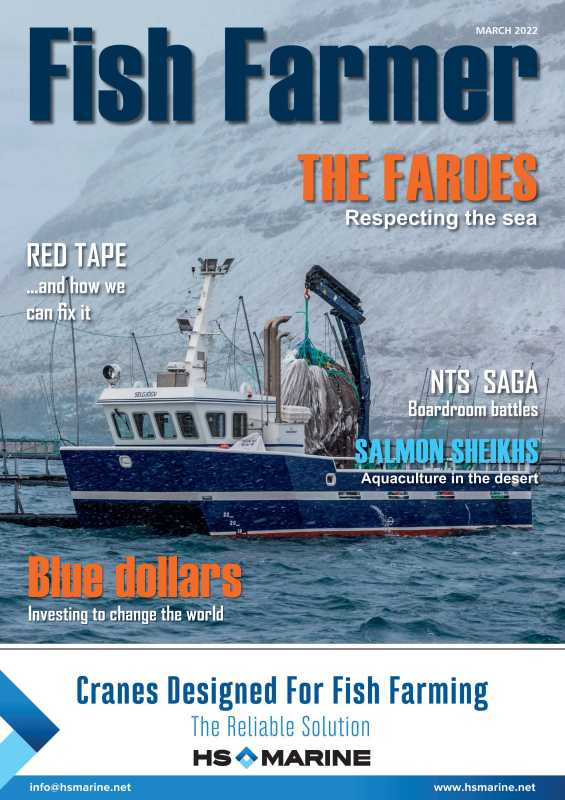World
Norwegian Salmon Industry Extracting Wild Fish from West Africa, Igniting Global Concerns

A recent report released by Feedback, in partnership with Greenpeace Africa, has raised alarm over the Norwegian salmon farming industry’s substantial extraction of wild fish from West Africa, particularly Mauritania, Senegal, and the Gambia. The report quantifies the use of fishmeal and fish oil from the region to feed Norway‘s extensive salmon farming operations, showcasing the industry’s massive appetite for this natural resource.
The report highlighted that in 2020, Norwegian salmon farms required almost 2 million metric tons of wild fish to produce the necessary feed for fish farming, which resulted in nearly 1.5 million metric tons of farmed salmon. Notably, up to 7% of this wild fish sourced (123,000-144,000 metric tons) came from small pelagic fish found off the coasts of West Africa, which could have otherwise nourished between 2.5 million and 4 million people.
Small pelagic fish are crucial for the local economies and food security in West Africa, comprising significant portions of the total annual catches in countries like Mauritania and the Gambia. According to the FAO, the dwindling stocks of these fish species pose an alarming concern for the region’s food systems and biodiversity.
While the Norwegian salmon farming industry has touted itself as a beacon of sustainability, experts have raised criticisms about the sector’s heavy reliance on wild fish resources. Developments in aquaculture feed technology have reduced the percentage of marine ingredients like fishmeal and fish oil. However, the substantial global demand for farmed salmon continues to drive the industry’s dependency on wild fish.
The report’s recommendations urge the Norwegian government to stem the growth of the salmon farming sector and ensure that domestic industry practices align with sustainable development goals. It brings to light how the leading feed-producing companies like Mowi, Skretting, Cargill, and BioMar source raw materials from countries like Mauritania, Senegal, and the Gambia to meet Norway’s salmon farming needs.
As the world’s most prominent producer of farmed Atlantic salmon, Norway’s industry is under increasing scrutiny due to numerous scandals regarding fish mortality rates, farming practices, and ethical concerns. Recent revelations, such as record-high salmon deaths on farms and antitrust violations by top producers, have sparked a global debate on the environmental and social impacts of Norway’s salmon industry.












